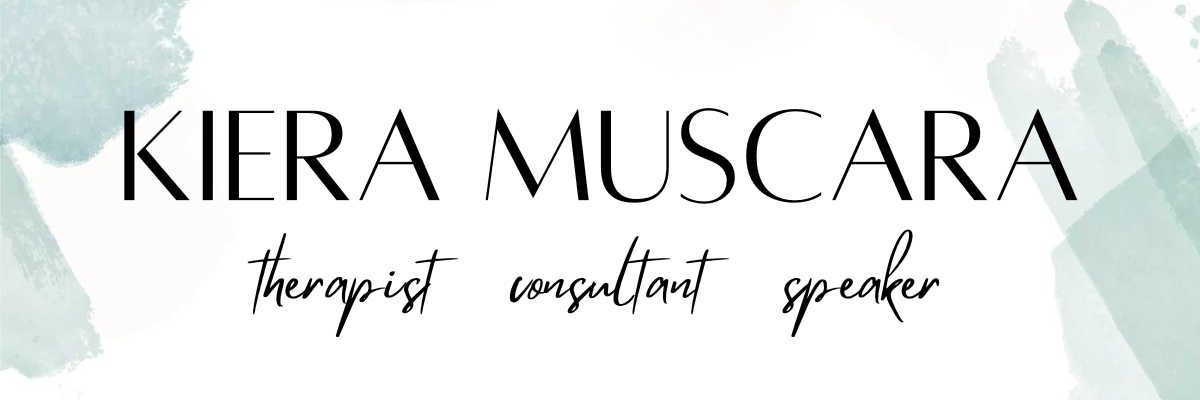At the tail end of my friendship with my middle school clique, I first experienced the downsides to social media and the impact it can have on our wellbeing and relationships. I was in 9th grade and was away for the weekend with my parents, after my friend’s mother declined my mother’s request for me to stay with them, due to important time-consuming family obligations. The weekend arrives and my Facebook newsfeed is suddenly plastered with pictures of my group of friends hanging out without me, captioned with a cute nickname they created for their clique. Now, what’s better? Living in ignorance, accepting their excuse that was ultimately a lie, or having to see the harsh truth publicly displayed? I don’t know if I can quite answer that, but I do know that social media was now a major pawn in their schemes against me.
This is a clearly purposeful and aggressive use of social media. But what about the subtle ways these sites and apps have infiltrated our moods and self-esteems? It’s no surprise that any Facebook or Instagram profile is essentially a “best hits” album of someone’s life – only the highlights, never the bad days. And with social media so deeply ingrained in our daily lives, our image of reality is becoming skewed to the degree where we begin to feel that every challenge we face is the end of the world, and that we’re the only ones experiencing hardships. FOMO (fear of missing out) now extends beyond plans with friends, and into a deep-seated fear that our lives aren’t measuring up to others’.
I start to notice myself evaluating experiences based on their “aesthetic” appeal – will this meal translate to a like-worthy Instagram? Did I post enough photos to prove that my weekend was fun and jam-packed? If I post too many pictures of just myself, will people think I’m self-absorbed or have no friends? It’s exhausting attempting to determine who you actually are, while also cultivating your online persona. And in reality, no one is really judging your experiences, because odds are they’re too concerned with how their own will be judged by you.
What’s most concerning to me though, is how sharply my own feelings can shift simply depending on how many clicks of the like button I obtain. It’s been proven that the rush we receive when gaining a new like or positive comment is similar to that of someone using hard drugs. It sounds ridiculous, but I can’t deny its validity when I’ve experienced this phenomenon more times than I’m proud to admit. We as humans crave such validation and when it’s available in the palm of our hands, its power is bound to take over. Even when I feel confident about a selfie, or a fun night out with friends, it’s hard for me not to walk away feeling disappointed if it doesn’t reap the amount of likes I hoped. And for someone with depression like me, it’s hard enough to keep myself feeling up and self-assured without the added pressures of that instant gratification.
It’s a dangerous cycle, but one I don’t think we can subtract altogether. Removing social media from our lives is not realistic, and would deny us the benefits that it so readily provides. We need to start reframing how we use social media and the role we allow it to play in our lives. Take more experiences at face value; snap the picture, and then put it out of your mind and live that moment. And remember, your worth will always extend far beyond the click of the like button. The most perfect online profile may belong to the least fulfilled individual; so take it with a grain of salt, and continue to lead with kindness.

Thank you! We need this awareness. I have tried to ‘quit’ Facebook, only to realise I am opening my browser and scrolling again. But these days I try to remind myself that everything is not as it is posted on social media, that we are getting a skewed image & while getting no likes is disappointing, it’s def not some kind of shortcoming in me!